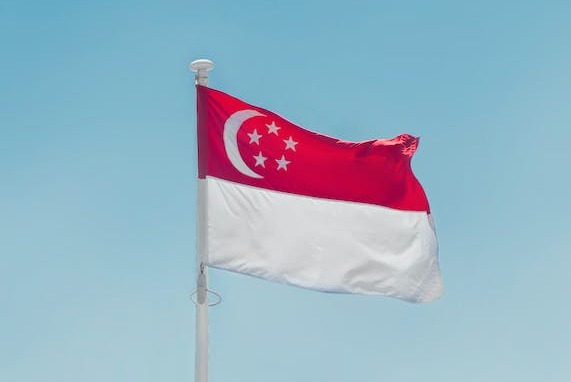Singapore, renowned as one of the world’s largest commodity trading centers and bunkering ports, is set to play a pivotal role in the realm of renewable energy, according to industry analysts.
As a signatory of the United Nations’ climate pact, Singapore has made a commitment to achieve net-zero emissions by 2050. To meet this ambitious target, the city-state is actively striving to import 4 gigawatts of clean energy by 2035, which would constitute 30% of its total electricity supply.
Singapore’s unique status as a small, resource-constrained nation, reliant on energy imports, has led to the exploration of diverse solutions. These include regional power grids and innovative low-carbon alternatives like low-carbon hydrogen and carbon capture, utilization, and storage, as outlined by Singapore’s National Climate Change Secretariat.
Recent developments underscore Singapore’s growing role in the renewable energy landscape. On October 24, Singapore’s Energy Market Authority (EMA) provisionally approved plans to import 1.2 GW of wind power from Vietnam. Earlier in the year, the EMA gave the green light for the importation of solar energy from Indonesia, as well as a blend of hydropower, solar energy, and potentially wind power from Cambodia.
David Broadstock, Senior Research Fellow and Energy Transition Research Lead at the National University of Singapore’s Sustainable and Green Finance Institute, emphasized Singapore’s newfound significance in the quest to establish a regional renewable energy power grid within Southeast Asia. He noted that discussions among Association of Southeast Asian Nations (ASEAN) member countries have been ongoing for several years, but favorable conditions were previously lacking. With Singapore’s push for renewable energy, it now possesses the ideal attributes to centralize efforts for the formation of this grid, he stated. The city-state’s robust legal and financial institutions, balanced political and business environment, and access to funding and capital render it an ideal regional power exchange hub.
Chan Siew Hwa, Co-Director of Nanyang Technological University’s Energy Research Institute, highlighted Singapore’s diverse strengths as a financial, trading, and transportation hub that can facilitate energy imports and exports throughout the region. He underlined Singapore’s collaborative approach, stating, “We want to work with our neighbors to strengthen the entire ASEAN position in the world. If Singapore can become a hub, certainly, that will benefit ASEAN as a whole.”
Victor Nian, Co-Founder and CEO of the think tank Centre for Strategic Energy and Resources, emphasized Singapore’s potential to become one of Asia’s renewable energy hubs despite its limited land space. He cited Singapore’s historical openness to innovation and its strategic appeal for companies and startups to pilot new technologies and demonstrate novel ideas in renewables. Nian envisioned these companies expanding into neighboring countries to further their endeavors.
As the 28th UN Climate Change conference approaches, scheduled to take place from November 30 to December 12 in Dubai, the urgent need to reduce carbon emissions and fulfill climate commitments remains a global focal point. Singapore’s burgeoning role in renewable energy could contribute significantly to regional and international sustainability efforts.

